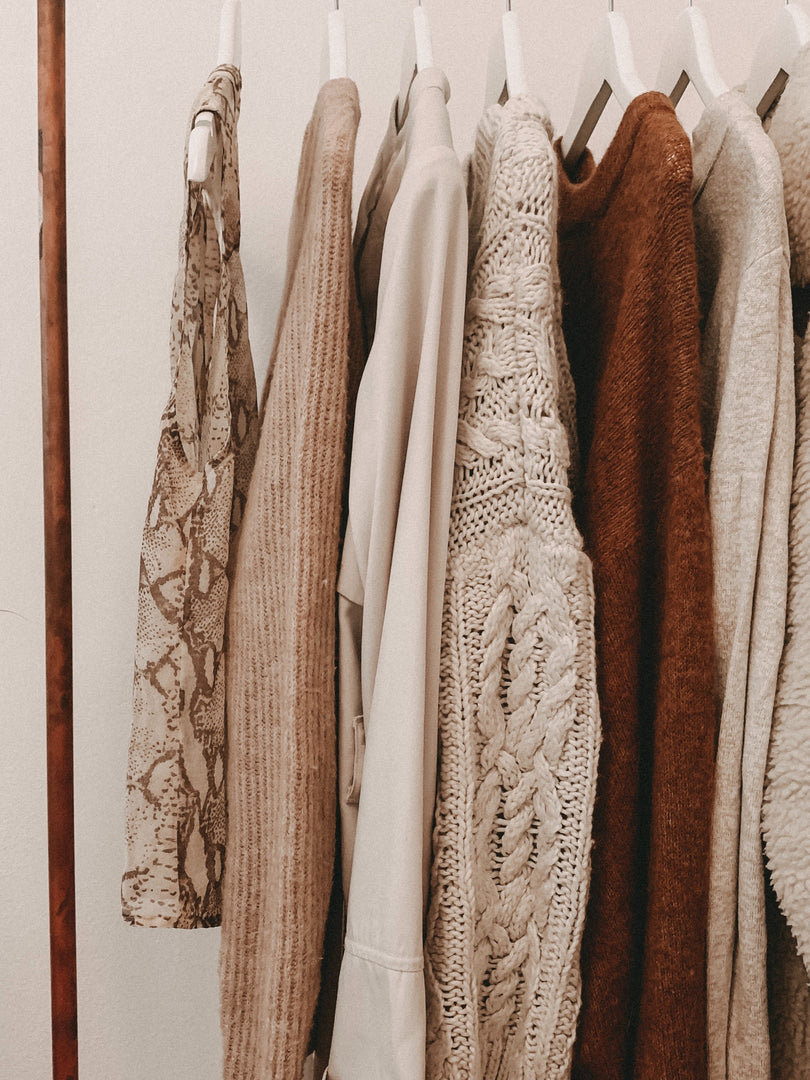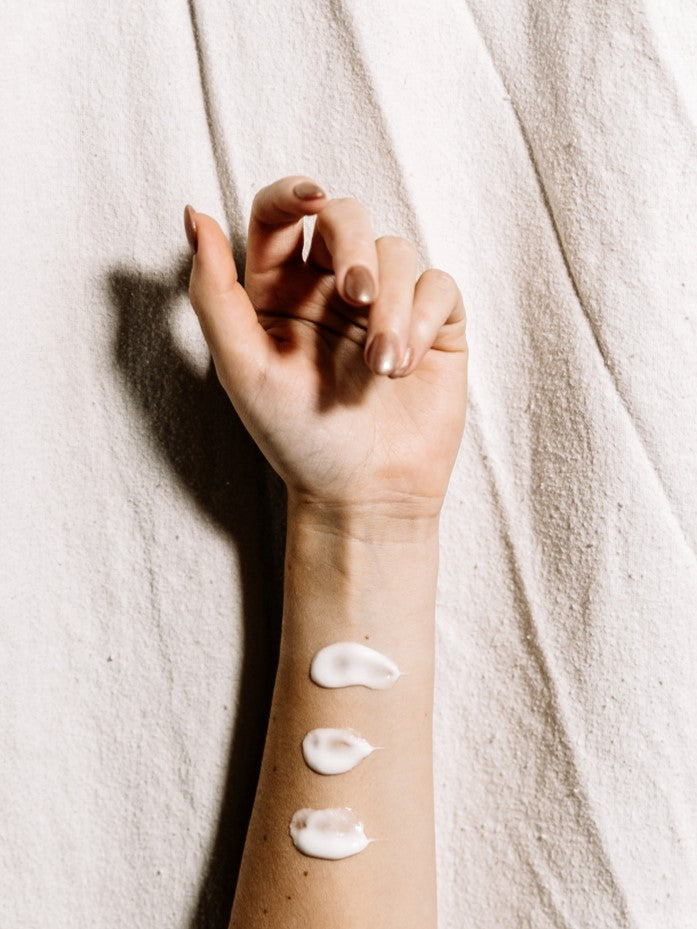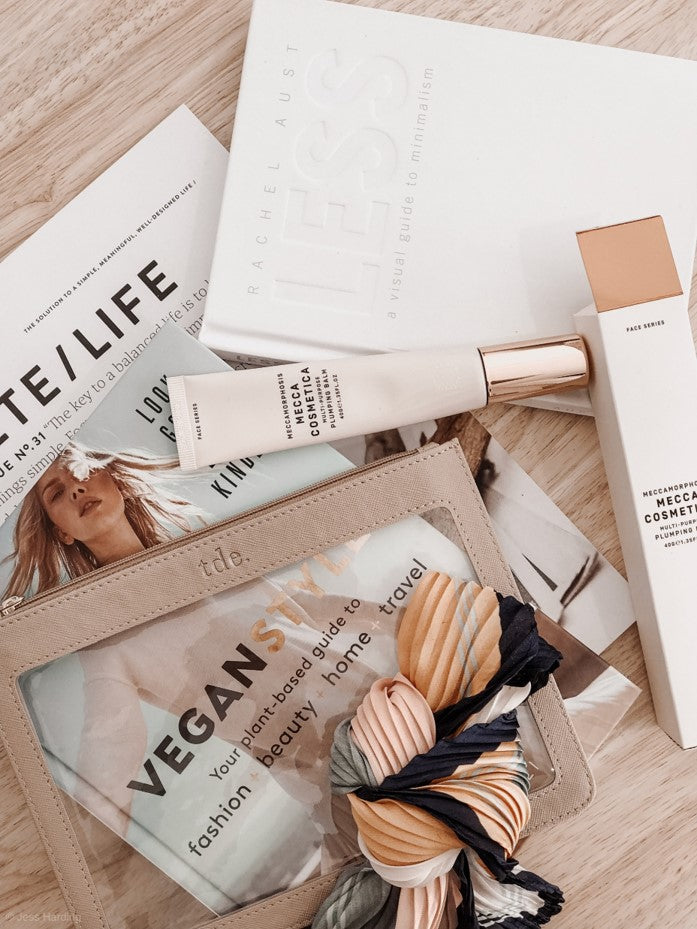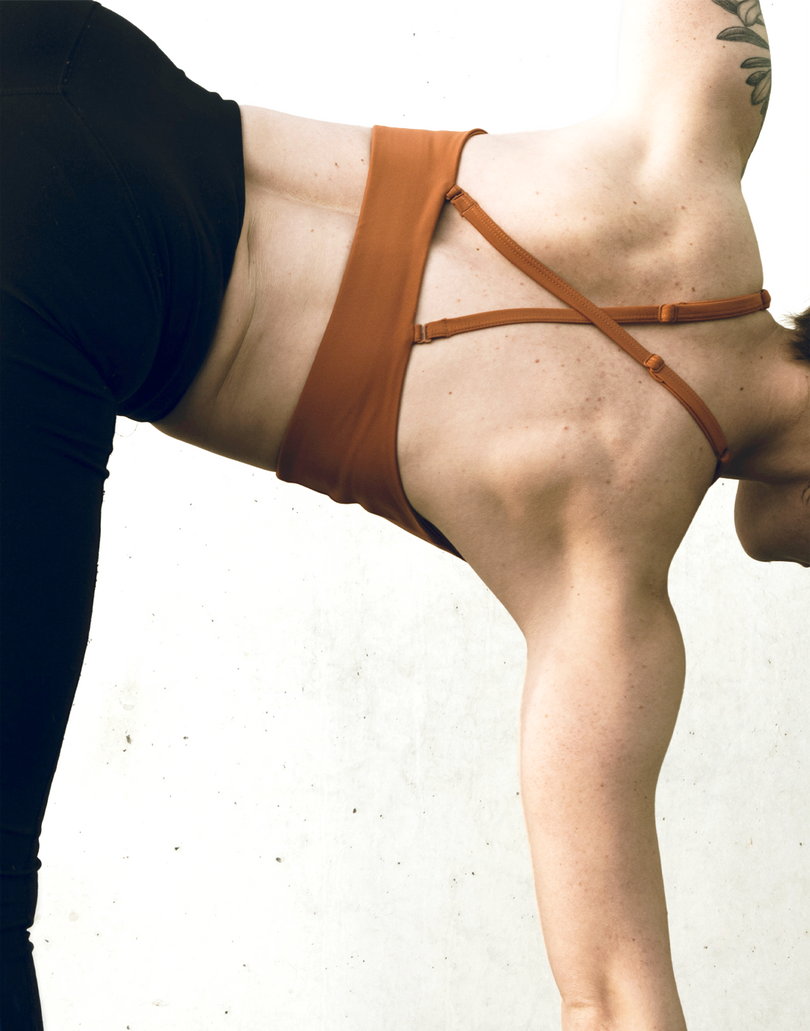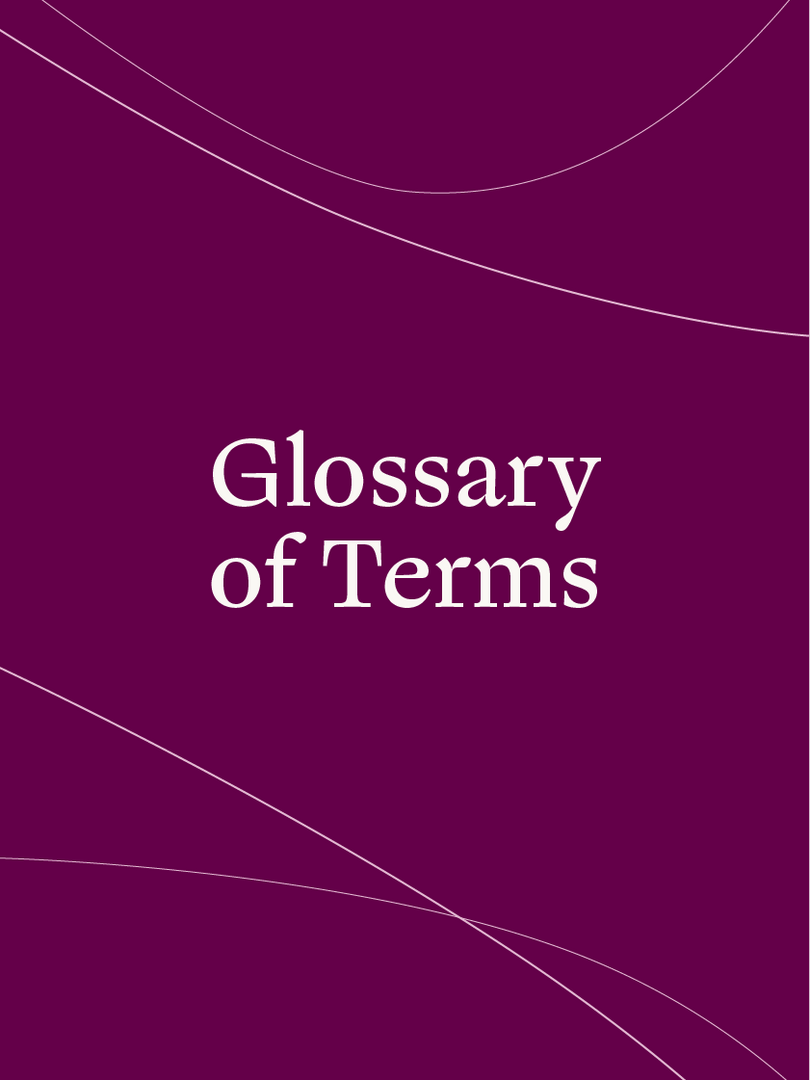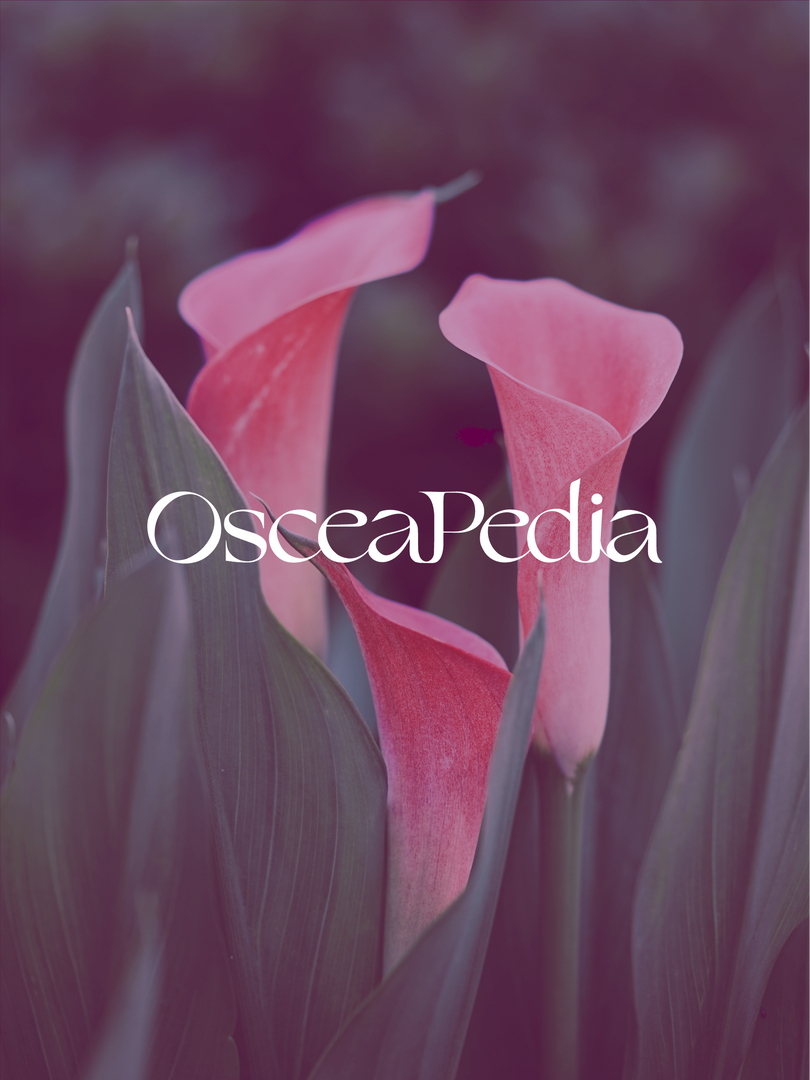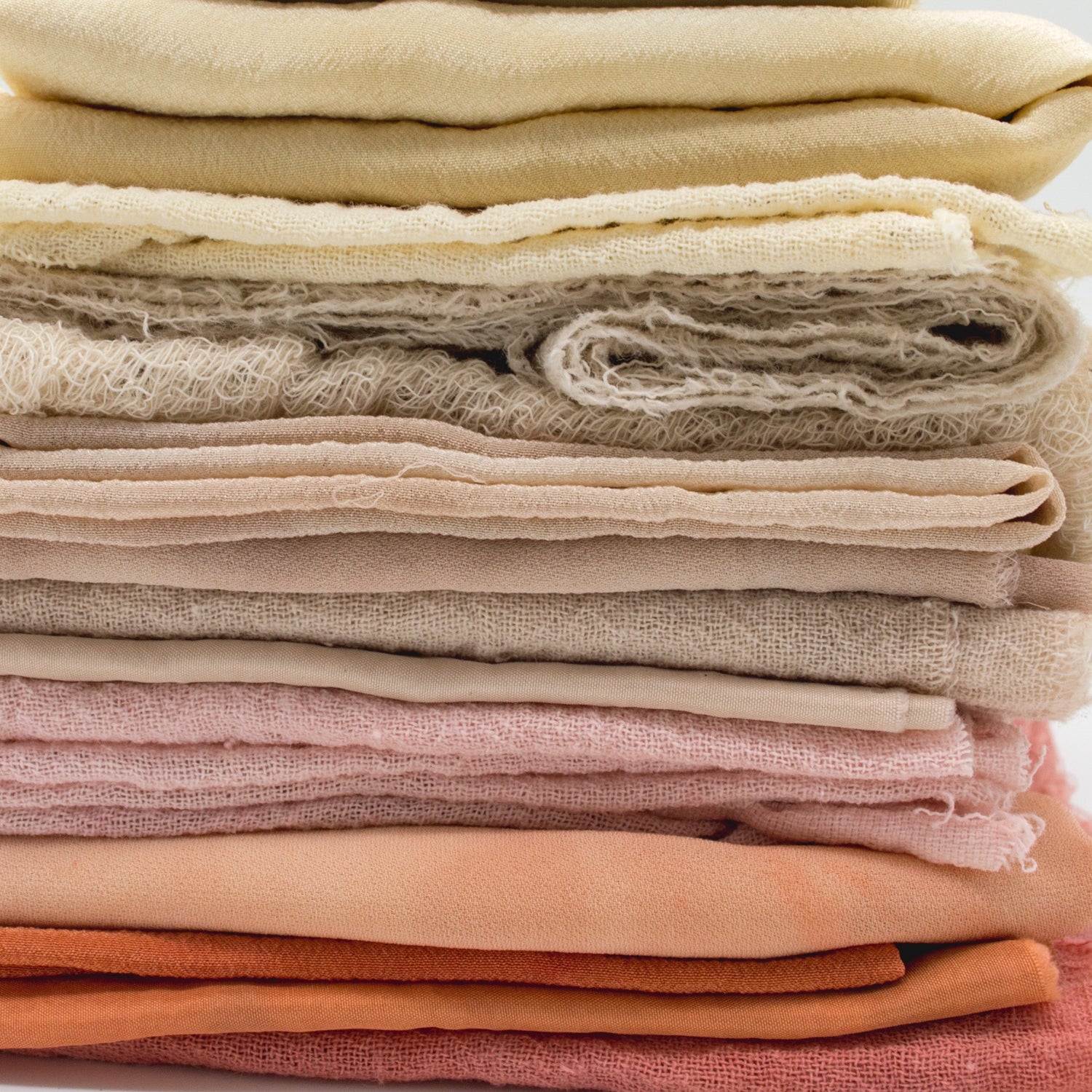With consumer demand for sustainable fashion options increasing quickly, greenwashing has become a prominent issue across the industry. Third party audits and sustainability certifications are more important and useful than ever in the prevention of greenwashing.
Sustainability certifications are voluntary norms and standards which relate to environmental, social, ethical, and food safety issues. They convey to consumers and stakeholders that a company has gone through third party verification and that their sustainability claim is legitimate. All of these certifications are voluntary, and they can be expensive and difficult to achieve. The fashion industry has a wide range of sustainability certifications that verify compliance with different standards. As a consumer, it is often hard to interpret these certification symbols on websites and logos. OSCEA has collected a list of the most common sustainability certifications for the fashion industry, so that our readers can be informed about what each certification is actually saying.
GOTS: Global Organic Textile Standard
 GOTS is the leading textile certification for natural fibers. In order to be GOTS certified, a textile must contain at least 70% certified organic natural fibers and must meet high social standards for production involving issues like wastewater and toxicity, in accordance with The International Labor Organization. GOTS is an international certification that ensures organic status and environmental and social responsibility. Any textile can be GOTS certified but GOTS primarily features products of cotton, wool, and silk. The standard covers processing, manufacturing, packaging, labeling, trading, and distributing textiles.
GOTS is the leading textile certification for natural fibers. In order to be GOTS certified, a textile must contain at least 70% certified organic natural fibers and must meet high social standards for production involving issues like wastewater and toxicity, in accordance with The International Labor Organization. GOTS is an international certification that ensures organic status and environmental and social responsibility. Any textile can be GOTS certified but GOTS primarily features products of cotton, wool, and silk. The standard covers processing, manufacturing, packaging, labeling, trading, and distributing textiles. B Corp By B Lab

B Corp certification is one of the most trusted and coveted sustainability certifications. Their triple bottom line approach ensures people, plants, and profits are sustainability incorporated within a business model. In order to be B Corp certified, companies must achieve a qualifying score by addressing a long list of criteria that ranges from environmental protections, paid maternity/paternity leave, corporate board and governance structure, employee diversity and inclusion, public health protection measures through healthy products, and so much more. These rigorous social and environmental transparency and accountability standards ensure that companies are innovative and good for the planet, people, employees and the community across the entire supply chain. B Corp certification is used in over 70 countries by over 3,000 brands.
Organic 100- Organic Content Standard (OCS)

The OCS is an international certification of organic input and chain of custody run by the Textile Exchange. Originally this standard was just for cotton, but it has now expanded to any textile or non-food product. The strict chain of custody system makes sure that organic content is maintained from raw material to finished product. To be OCS certified, a product must contain 95-100% organic material.
USDA Organic

USDA Organic products are certified by the US government. This certification involves strict standards for growing and harvesting. No pesticides, synthetics, fertilizers, hormones, or other additives may be used. USDA Organic is normally associated with food products, but they also certify ingredients in textiles, like cotton and wool.
Ecocert

Ecocert is another organic standard that ensures 95% of ingredients come from a natural or organic origin. This standard also requires biodegradable or recyclable packing. For textiles, the Ecocert label means that fabric is either GOTS (Global Organic Textile Standard), OCS (Organic Content Standard), and/or Ecological & Recycled Textiles (Ecocert Standard) certified. Ecocert inspects food, cosmetics, raw materials, detergents, and textiles.
Fairtrade International

The Fairtrade International organization works with small farmers, producers, and traders that trade under fair conditions and support environmentally friendly production. This sustainability certification promotes longer lead times to promote sustainable and secure working conditions and self-sufficient practices. Fairtrade International works to improve the working and living conditions for farmers and workers by requiring better prices, decent working conditions, and fair terms of trade. The specific standards vary by industry but they are all audited by FLOCERT.
Fair Trade USA

Fairtrade International and Fair Trade USA used to be the same entity, but they separated when Fair Trade USA wanted to give large farms the opportunity for certification. Fair Trade USA uses many of the same standards as Fairtrade International, but Fair Trade USA also prohibits the use of GMOs and toxic chemicals. Food, beauty, flowers, supplements, clothing, home goods, and ingredients can all be Fair Trade USA certified.
OEKO-TEX 100

OEKO-TEX is a testing, auditing, and certification system that focuses on chemical certifications. They offer a number of different certifications, but the Standard 100 is the most common. This certification tests for substances like toxic chemicals that are harmful for humans. It is an international organization that certifies raw materials, fabrics, textiles, and ready-made goods like apparel, accessories and home goods. Made in Green is a different OEKO-TEX certification that approves non-toxic products that also meet high standards for environmental and social responsibility.
Naturtextil IVN

This sustainability certification is awarded by the International Association of Natural Textile Industry. It is the strictest certification for ecological textiles and social accountability today. The standards are higher than current legal mandates in the EU. The iVN certification indicates that the entire supply chain of a textile has been carefully inspected for ecological and social accountability.
The Butterfly Mark

This certification applies primarily to luxury fashion and is centered on ESG (environmental, social, governance) issues. This certification is unique in its high level of customization and flexibility. The Butterfly Mark certification analyzes a brand's category, size, and location, and creates a custom framework and assessment for the company. Each company is scored based on an average of their overall weightings and their progress for each ESG issue. To earn a Butterfly mark, a business must initially achieve a minimum 50% pass rate across each of their four ESG pillars: environmental performance, governance, social performance, and innovation.
Bluesign

Bluesign certification guarantees that a product was manufactured with responsible use of resources and the lowest possible impact on people and the environment. Brands are required to provide transparency and traceability so that all materials and products within the supply chain can be assessed and improved by Bluesign. This certification means that brands have been verified that they use their resources responsibly and have taken care to minimize their impacts on people and the environment.
Responsible Wool Standard (RWS)

This Responsible Wool Standard (RWS) certifies cruelty free wool production. Sheep must be treated with respect according to the RWS' “5 freedoms.” Farmers must have good management practices that protect the land to achieve RWS. The RWS does not address chemical use.
Climate Beneficial
Climate Beneficial was created by a nonprofit called Fibershed and certifies any apparel, accessories and home goods made with wool. Climate Beneficial certified wool comes from sheep that were raised in such a way that more carbon was sequestered than emitted.
Better Cotton Initiative (BCI)

BCI is a nonprofit organization that certifies efficient and environmentally-friendly farming methods of cotton. Farms are judged on seven different criteria: crop protection, water use, soil health, biodiversity, fibre quality, decent work, and management system. “Better Cotton” is cotton that is healthier for farmers, communities, and the environment. The BCI logo means that a brand sources at least 5% of their cotton as “better cotton” to start with a plan to be sourcing at least 50% “better cotton” within five years. BCI is often seen as a “halfway step” to organic cotton and is helpful for farmers who can’t afford to go completely organic.
CMiA: Cotton Made in Africa

The Cotton Made in Africa sustainability certification promotes environmental protection and aims to combat poverty. This certification supports cotton farms in Africa by providing them with onsite training about environmentally-friendly and efficient cultivation practices to improve their crop yield.
Cradle to Cradle (C2C)

Cradle to Cradle’s sustainability certification is focused on circularity and environmentally safe, harmless materials. All materials used in a C2C certified product must be recyclable or biodegradable. This certification looks at a product through five categories: material reutilization, renewable energy, carbon management, water efficiency, and social responsibility. A product receives an achievement level (Basic, Bronze, Silver, Gold, or Platinum) in each category. The product label reflects whichever category has the lowest level. Cradle to Cradle certifies a wide variety of products including apparel, home goods, toys, furniture, and cleaning supplies.
TRUE

TRUE Zero Waste certifies companies working toward achieving zero waste, cutting their carbon footprints, and supporting public health. To be TRUE certified, a company must have a zero waste policy in place and achieve 90% or higher in diverting non-hazardous waste from landfills, incineration, and the environment last year.
Forest Stewardship Council (FSC)

FSC is an international nonprofit organization that ensures that companies are using timber that has been sustainably harvested and that avoids old growth forests, pesticides, and chemicals. The FSC has three different labels: FSC 100% (completely from FSC-certified well-managed forests), FSC Recycled (everything comes from recycled material), and FSC Mix (the product is from FSC-certified forests, recycled material, or controlled wood). FSC approves forests and retailers. Within fashion, the FSC certification is used for packaging and fabrics made from trees like rayon, viscone, modal and tencel.
The Vegan Trademark Sunflower

The Sunflower Vegan Trademark is awarded to products by the Vegan Society, the group that originally coined the term "vegan." In order to achieve this certification, a product must have no content from animal origins and must not be animal tested or contain GMOs. It is awarded only to products, not to companies.
PETA-Approved Vegan

The PETA-Approved Vegan certification is for animal-free products and vegan fashion. To achieve this certification, companies complete a questionnaire and sign a binding declaration of assurance. Based solely on self-reporting, the PETA-Approved Vegan certification is less reliable than other third-party audited ones. Clothing, accessories, furniture, and home decor can all be PETA-Approved Vegan. PETA has a separate certification called Beauty Without Bunnies for cosmetic, personal care, and cleaning products.
Sources:
https://lindsaydahl.com/certifications-in-the-beauty-industry/
https://bettercotton.org/what-we-do/defining-better-our-standard/
https://www.considerate-consumer.com/certified-fashion
https://www.peta.org/living/personal-care-fashion/peta-approved-vegan-logo/apply/
https://www.futurelearn.com/info/courses/sustainable-fashion/0/steps/13562
https://ecocult.com/eco-friendly-ethical-sustainable-labels-certifications-clothing-fashion/
https://www.positiveluxury.com/butterfly-mark/brand-assessment/

